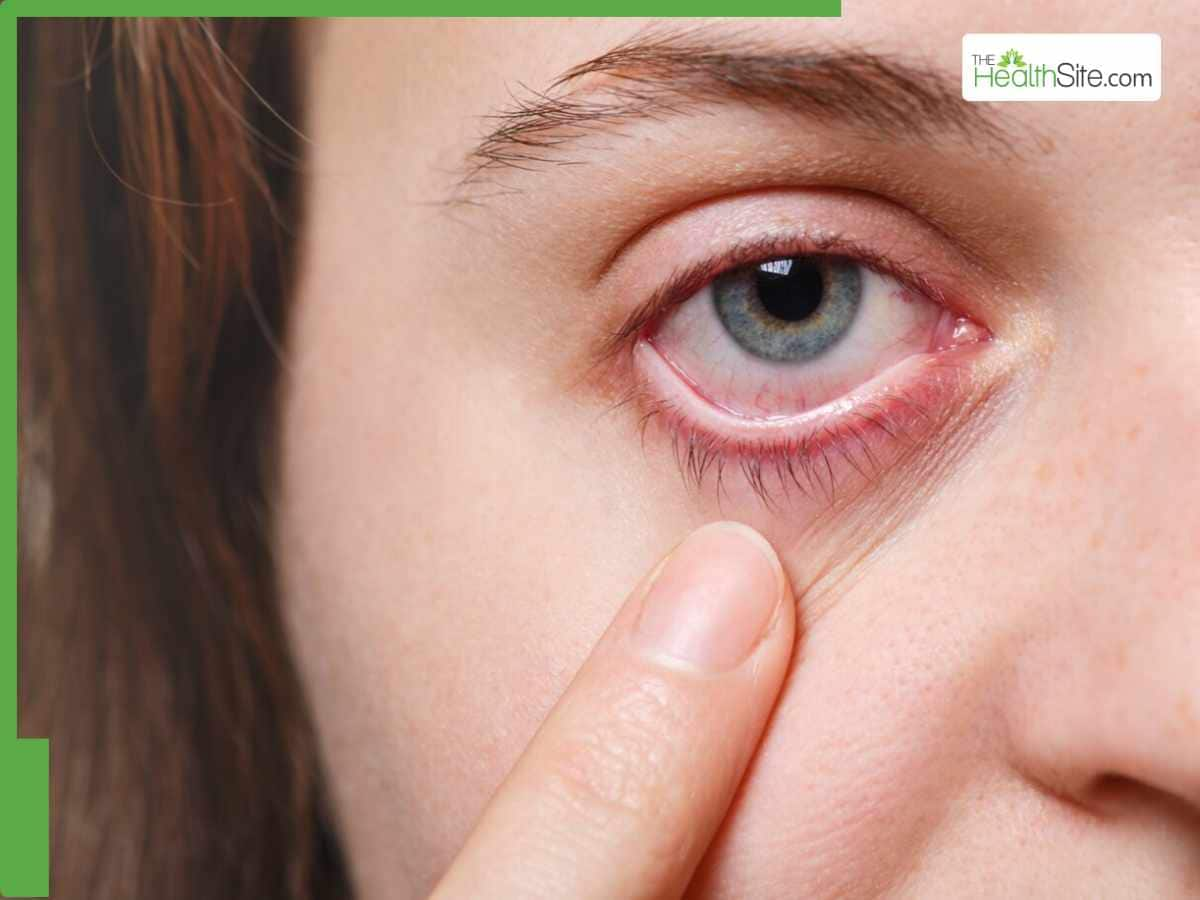Student Health discusses respiratory health, environmental issues

Environmental issues such as extreme heat, poor air quality and smoke can adversely affect health, Chief Campus Health Officer Dr. Sarah Van Orman said in a briefing with the Daily Trojan on June 19.
“When the air quality reaches a certain level, it can affect the respiratory system,” Van Orman said. “People can have a cough, shortness of breath and asthma exacerbations.”
Daily headlines, sent straight to your inbox.
Subscribe to our newsletter to keep up with the latest at and around USC.
Pollutants can cause airway inflammation and bronchoconstriction — the contraction of the lung’s bronchial muscles — which may present with upper respiratory symptoms.
For health risk information, the United States Air Quality Index measures air pollutants — including levels of ozone and particulate pollution — with AQI references and recommendations provided on the AirNow website.
“Based on the level of pollution … particularly for some of the areas having wildfires, [air quality can] reach the unhealthy zone,” Van Orman said. “[AQI references] have guidelines about when you should avoid strenuous and outdoor activities,” Van Orman said.
Physical activity can require the lungs to work harder to supply oxygen, which, combined with poor environmental air quality, can present health risks.
Poor air quality can be particularly harmful for people with underlying health conditions, such as asthma, Van Orman said. If chronic respiratory symptoms worsen, individuals are recommended to seek medical care.
Extreme heat can worsen air quality — high temperatures increase the risk of poor health outcomes, including respiratory symptoms, heart attacks and mortality.
Environmental health issues can also increase susceptibility to respiratory illness, research studies say, as poor air quality can reduce lung functioning — how well the lungs are working.
Respiratory illnesses such as COVID-19 and the flu are managed through prevention and medical services, Student Health said.
“We have a test at Student Health called the respiratory panel,” Van Orman said. “It’s a very specific PCR test [administered] on site that looks for 23 different viruses, including pertussis, SARS-CoV-2, influenza … in specific [diagnostic] cases.”
College campuses are conducive to the spread of infectious respiratory diseases, Van Orman said, as students interact with more peers in classes and student housing.
“When students come to campus, they’re in conditions that are perfect for the spread of respiratory illnesses,” Van Orman said. “People [tend] to gather in much closer settings — not only in the classroom but also in social spaces [and] in dining halls.”
Van Orman recommended that students get the influenza vaccine annually, as flu season peaks during the winter months.
Still, as summer illnesses spread, students are encouraged to practice infection prevention, including hand-washing and wearing masks, especially when sick.
“Most respiratory viruses are spread through droplets, which means [they] tend to be spread when you touch things and touch a mucous membrane,” Van Orman said. “Protect your peers — if you do have a cold, [and] you’re going out and about and to class, wear a mask — it really does make a difference.”
link







